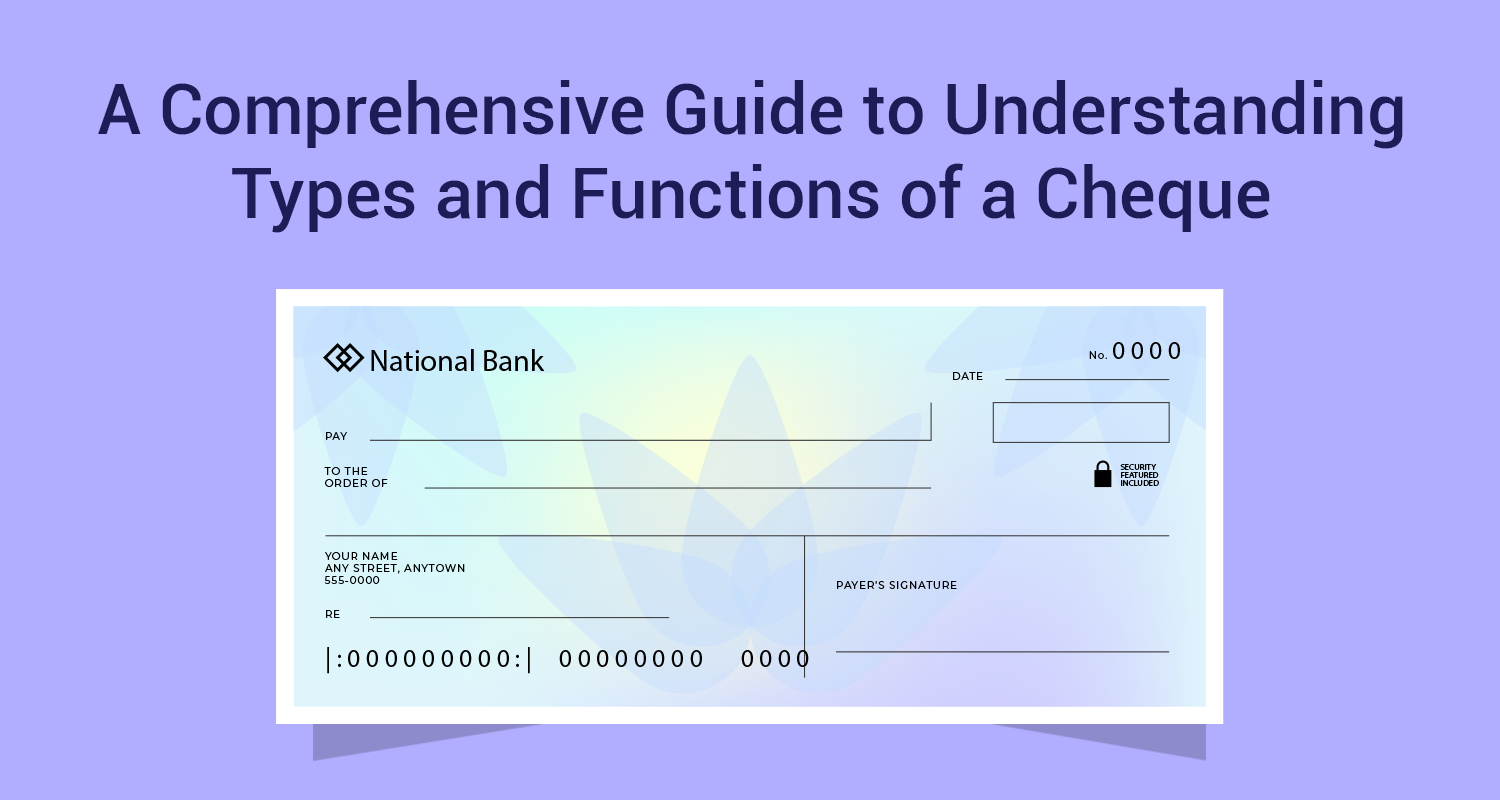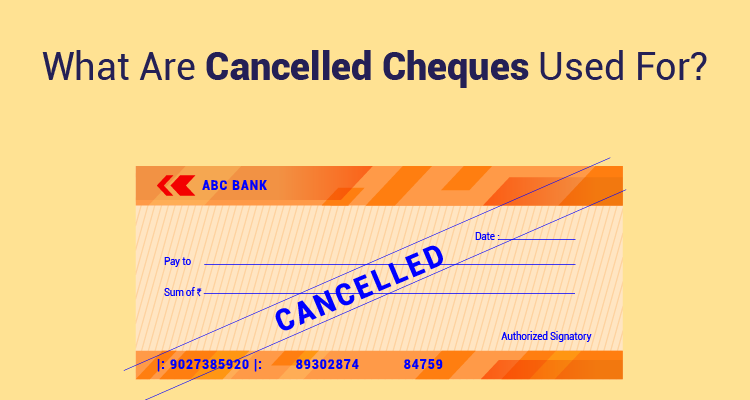What Am I Supposed To Do When My Mutual Funds Are Negative?

Equity funds invest in equities and are by default risky. That means you are exposed to volatility and to negative returns. While over the long run, equity funds do tend to outperform other asset classes, equity funds do give negative returns over the short to medium term. For example, investors who had invested in equity funds at the peak of 2007 or 2011 had to contend with negative returns for a very long time. How do you address the problem of negative returns on mutual funds? Here is a 5 step model.
Evaluate 3 Year Rolling Returns On A Quarterly BasisFund returns must always be seen in perspective. In a rising market you look for outperformers. In a falling market, you focus on funds that hold value more effectively. Is there a way to understand this? One way is to look at 3 year rolling returns for 8 quarters in succession. If you find that your fund is underperforming the peer group and the index then it is time to switch out. Don’t take a very short-term view but the above measure shows consistency. If the fund is not consistent, it is not worth staying invested in that fund. Over 8 quarters you will get a picture if there is something structurally wrong with the fund.
If You Are In Sector Or Thematic Funds, Shift To Diversified FundYou need to understand the reason why your fund is underperforming and giving negative returns. For example, investors who bought IT funds in 2000 or infrastructure fund in 2008 had to contend with negative returns for a very long time. As a matter of principle, it is never a good idea to be invested in sector funds as they go against the basic grain of diversification that equity funds provide. In case you are invested in sector funds then either you must quickly take a call on the sector attractiveness or keep a stop loss. The same rule applies to thematic funds. For example, your fund’s portfolio may be concentrated interest-sensitive sectors like banks, NBFCs, and realty and rates may be going up. Here you need to solve the negative NAV problem by tweaking your holding mix.
If The Problem Is Specific To The Fund, Then ShiftThere are two reasons why funds give negative returns. For example, a fund may be giving negative returns because the entire market is down. Between 2008 and 2009 every equity fund gave negative returns. Here you just need to ensure that your funds are able to hold better. But what if the negative returns are unique to your fund? Your fund manager may have taken undue risks or he may have made some bad decisions. In such cases, if it is a structural problem then just exit the fund and switch to another fund.
Prefer A Phased Approach To A Lump-Sum ApproachThis is a golden rule and a hedge against negative performance by mutual funds. It is hard to predict the tops and bottoms of the market. The best answer may be to adopt a systematic investing approach (SIP) such that you get the benefit of rupee cost averaging. That way, your average cost is reduced and you are more likely to be profitably compared to lump sum investing. A phased approach or a SIP approach actually makes time and volatility work in your favour.
Pick Up The Phone And Talk To Your Financial AdvisorWhen a fund gives negative returns, it has larger implications for your returns as well as for your financial plan. When you make a financial plan, you normally peg your funds to long term goals. If you fund gives negative returns, it means that it could compromise your goals. The easy out is to pick up the phone and talk to your advisor. Is the negative return due to the market or due to fund specific factors? Does he need to tweak the asset mix? These questions you must get clarity from financial advisor so that your long term financial goals are not exactly compromised.
Negative mutual fund returns are not something to worry about. After mutual funds are long term products and you cannot get carried away by an MTM loss. It is more important to get to the bottom of the story.
Disclaimer: The information contained in this post is for general information purposes only. IIFL Finance Limited (including its associates and affiliates) ("the Company") assumes no liability or responsibility for any errors or omissions in the contents of this post and under no circumstances shall the Company be liable for any damage, loss, injury or disappointment etc. suffered by any reader. All information in this post is provided "as is", with no guarantee of completeness, accuracy, timeliness or of the results etc. obtained from the use of this information, and without warranty of any kind, express or implied, including, but not limited to warranties of performance, merchantability and fitness for a particular purpose. Given the changing nature of laws, rules and regulations, there may be delays, omissions or inaccuracies in the information contained in this post. The information on this post is provided with the understanding that the Company is not herein engaged in rendering legal, accounting, tax, or other professional advice and services. As such, it should not be used as a substitute for consultation with professional accounting, tax, legal or other competent advisers. This post may contain views and opinions which are those of the authors and do not necessarily reflect the official policy or position of any other agency or organization. This post may also contain links to external websites that are not provided or maintained by or in any way affiliated with the Company and the Company does not guarantee the accuracy, relevance, timeliness, or completeness of any information on these external websites. Any/ all (Gold/ Personal/ Business) loan product specifications and information that maybe stated in this post are subject to change from time to time, readers are advised to reach out to the Company for current specifications of the said (Gold/ Personal/ Business) loan.



